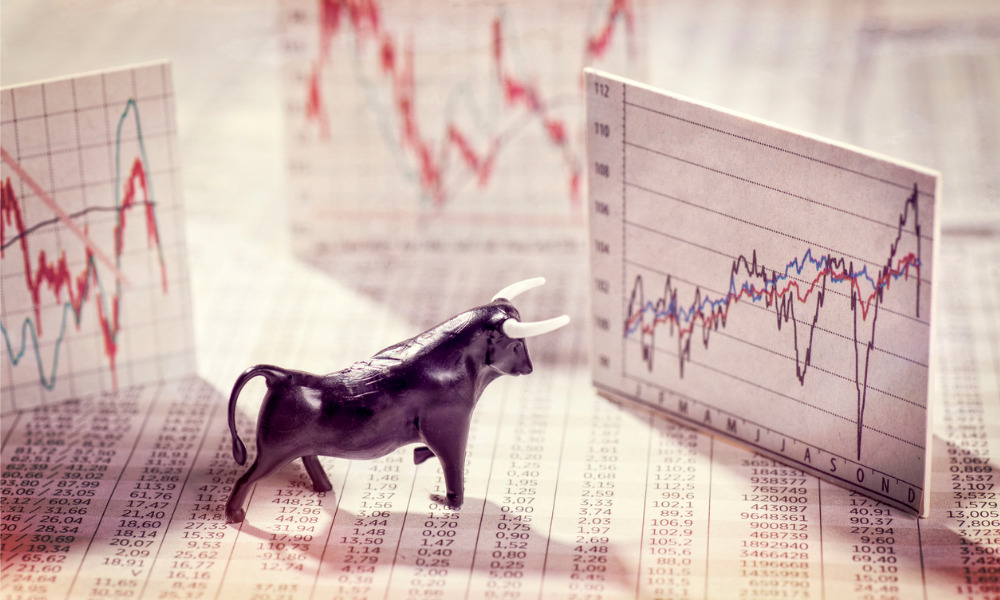Prudent investors should be considering something less liquid to ride through this period, says managing director

So much of what will affect the economy or public markets remains “TBD”, Ramesh Kashyap stressed to WP as he reflected on the outlook for private debt. It’s one of the reasons he is bullish about the asset class as investors head to the turn of the year.
As Managing Director, Kashyap oversees Ninepoint's alternative investment strategies, including private debt, which he said has recovered well after the jolt of the March drawdown. He conceded that, like everyone else, the firm had its fair share of redemptions, only for inflows to kick back into gear around June to eventually exceed earlier losses.
For most investors, the concern was having liquidity during an uncertain time. “They wanted to make themselves whole because they had lost money in both fixed income and public equity,” he said.
Crucially, though, Kashyap said Ninepoint was able to manage its liquidity to maintain its private debt funds’ robustness and look ahead to next year with optimism. Steering that view in the alternative space, he added, is that banks are still largely on the sidelines, assessing where the portfolio is rather than looking at new deals.
“This has led to an explosion of opportunities for non-bank lenders going into 2021,” Kashyap said. “How long this will last we don't know … it may be 12 months, maybe it goes to 18 months.”
The private debt sector itself also has promising elements. Comparing December of last year to 2020, investors are getting a little less leverage on the same risk and, Kashyap said, getting anywhere from 100 to 200 basis points more.
He said: “That means from a risk-adjusted return perspective, you're getting a better return from your investment. And from a portfolio perspective, we don’t know what the future holds because if you look at the overall macro side, central banks are printing money and doing what is necessary to stop the economy collapsing.
“Then you can ask the question: who's going to pay for it? Where is it going to come from and what kind of damage has it done to Main Street? All these things are TBD, so any prudent investor should be considering something that is not public and less liquid to ride through these things and get the return you want.”
There are potential issues, though, many of which relate to a COVID-19 world where not everything is equal. There are non-leveraged companies in essential industries thriving while non-essential industries, like transportation, airlines and leisure, have been severely damaged and face a long recover.
Ninepoint has less than 4% exposure across non-essential companies, so what should an investor look for? Kashyap said the key question for investors looking into private debt is: can I get my money back?
“If you can’t answer the question, you shouldn’t be doing the deal,” he said, adding that it’s important to be mostly in senior secured loans that have collateral backing, making sure that the strategy focuses on sectors, particularly in retail, that haven't been affected too much by the COVID situation.
For a typical retail private debt fund in Canada where there is no lock up and you can get your money back in three months, Kashyap said it’s best to focus on secure collateralized conservative loans to values of 50-60%, with an average duration of not more than 12 to 18 months.
But he urged advisors that the most important thing is to do your due diligence with regards to private debt strategy because, obviously, it will depend on individual client's needs and expectations.
He said: “For retail investors, they should probably have between 5-25% in private debt and when I say private debt, there are so many kinds. So, my advice for advisors is to invest in the most conservative form of private debt, which is senior secured loans with first lien, security on all assets with short duration, full fledge covenants and the credit that pretty much assures you get your money back.”



